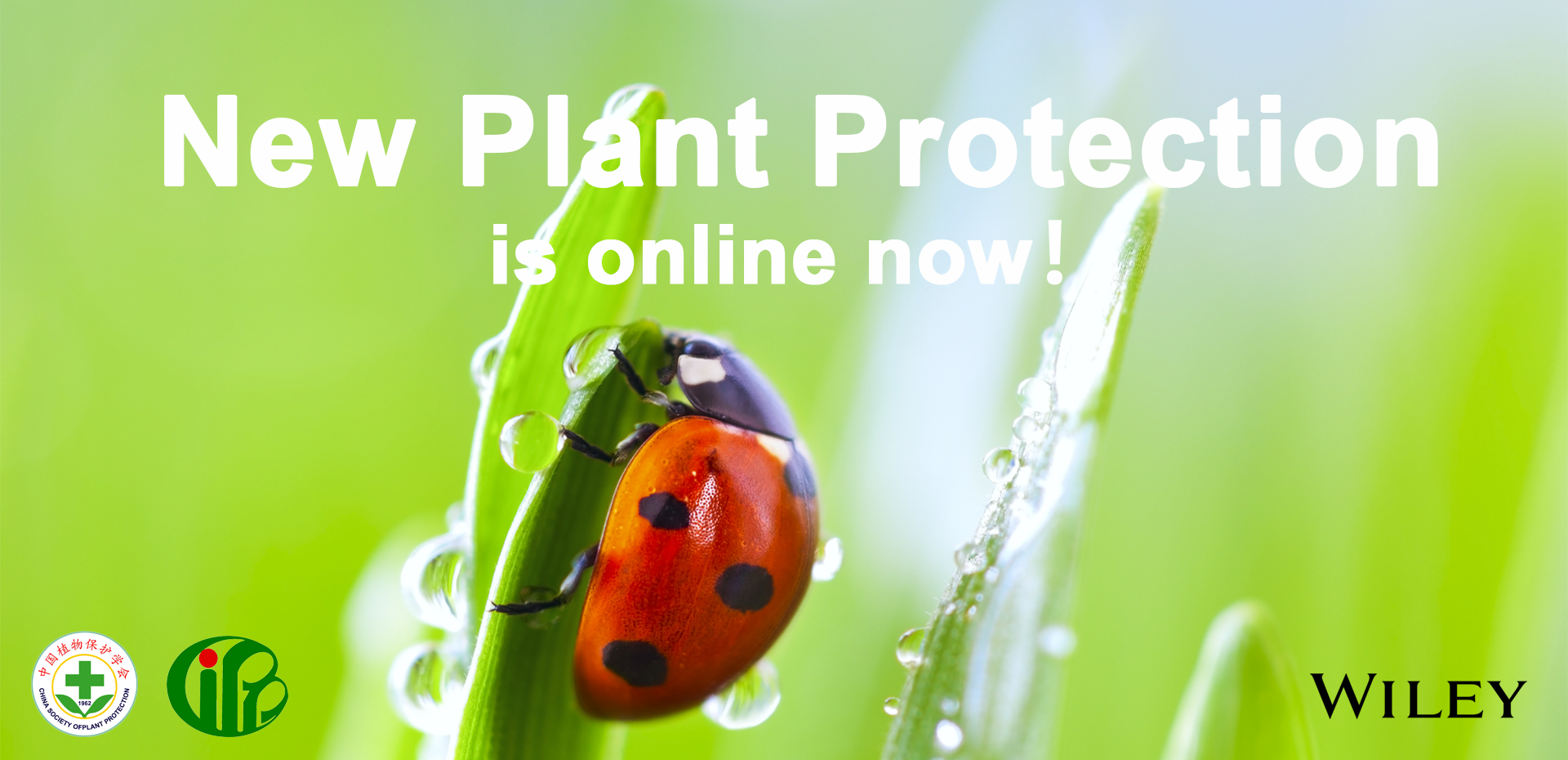Impact of hot events at different developmental stages of a moth: the closer to adult stage, the less reproductive output
Global climate change will not only lead to a substantial increase in average temperature but also in the frequency of hot events. Hot days in summer (involving a few hours at particularly high temperatures) are expected to become more common under climate change. How such events at different life stages affect survival and reproduction remains unclear in most organisms. Recently, Prof. Ma Chun-Sen and his colleagues at State Key Laboratory for Biology of Plant Diseases and Insect Pests, IPP-CAAS, investigated how an exposure to 40 °C at different life stages in the global insect pest, Plutella xylostella, affects immediate survival, subsequent survival and reproductive output. The results displayed that first-instar larvae showed the lowest survival under heat stress, whereas 3rd-instar larvae were relatively heat resistant. Heat exposure at the 1st-instar or egg stage did not influence subsequent maturation success, while exposure at the 3rd-instar larval stage did have an effect. We found that heat stress at developmental stages closer to adult stage caused greater detrimental effects on reproduction than heat stress experienced at earlier life stages. The effects of hot events on insect populations can therefore depend critically on the timing of the event relative to an organism’s life-cycle.
-
 China-Laos Training Workshop on Integrated Management of Destructive Crop Pests and Diseases Successfully held in Laos
China-Laos Training Workshop on Integrated Management of Destructive Crop Pests and Diseases Successfully held in Laos -
 New Plant Protection: New challenge and new opportunity for plant protection
New Plant Protection: New challenge and new opportunity for plant protection -
 International and SELAMAT Conference on Pesticide Residue and Mycotoxin Contamination Held in Beijing
International and SELAMAT Conference on Pesticide Residue and Mycotoxin Contamination Held in Beijing -
 CAAS President Meets Chairman of ASEAN FAW Taskforce
CAAS President Meets Chairman of ASEAN FAW Taskforce
